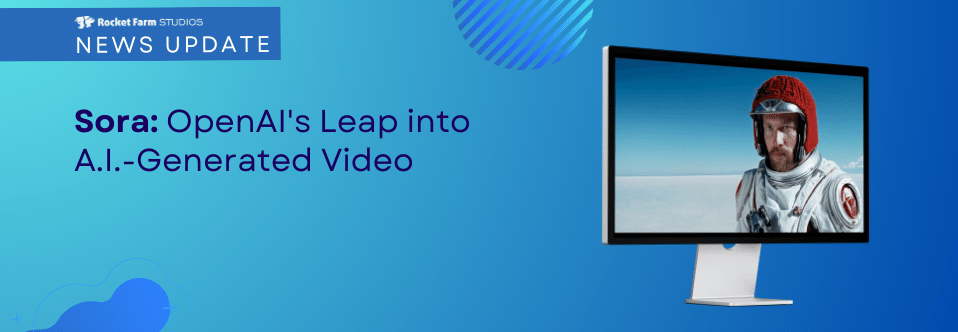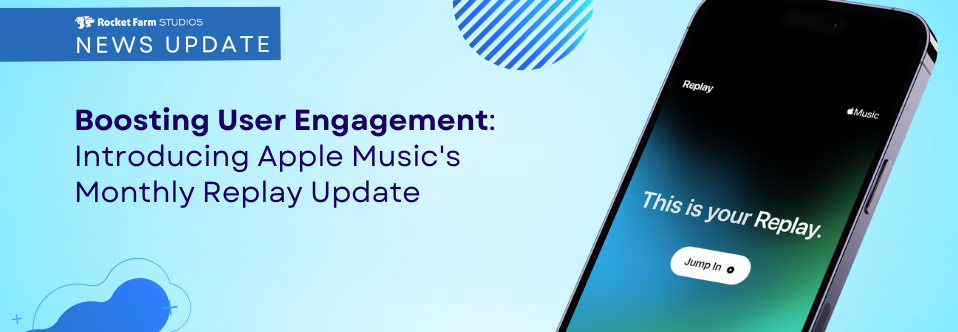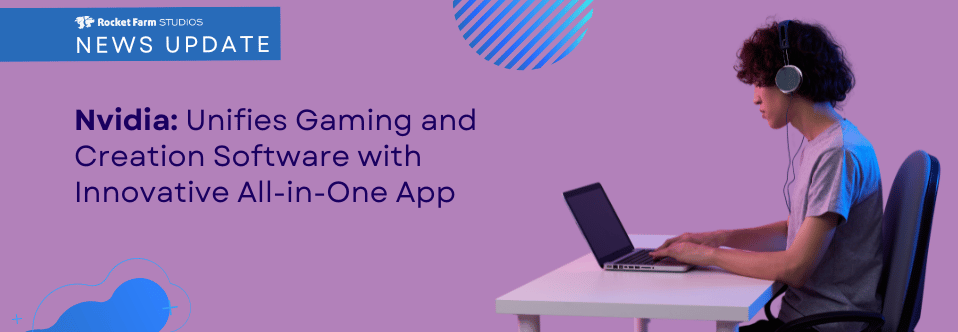OpenAI, a trailblazer in artificial intelligence based in San Francisco, recently unveiled Sora, an A.I. technology with the ability to create stunningly realistic videos from text descriptions. This innovation is a quantum leap over previous efforts, delivering video quality that could pass for movie-grade visuals. Known for leading projects like the ChatGPT and the image generator DALL-E, OpenAI is spearheading this technological revolution, competing with other startups and tech behemoths such as Google and Meta.
The introduction of Sora follows an earlier showcase by Runway AI, which demonstrated video creation from textual inputs. However, OpenAI’s Sora transcends Runway’s initial ventures, offering videos with a fidelity that could easily belong in a high-budget film. The visuals range from lifelike portrayals of prehistoric landscapes to intricately detailed urban scenes.
Named after the Japanese word for “sky,” Sora embodies the limitless potential of this new technology. Yet, OpenAI is treading carefully, releasing Sora to a select group of researchers to explore its potential misuse—a process known as “red teaming.”
The rise of such advanced video generation technology brings with it exciting opportunities and significant challenges. In the realm of content creation, Sora promises to revolutionize how stories are told, making high-quality production more accessible and efficient. However, the technology’s potential for creating convincing disinformation is a pressing concern. The ease of generating realistic videos heightens the difficulty of distinguishing authentic content from fabricated narratives, posing risks from personal defamation to influencing elections.
To combat these risks, OpenAI has introduced measures like watermarking A.I.-generated videos. But in an age where digital manipulation tools are becoming more advanced, the effectiveness of these safeguards is uncertain.
As we enter a new chapter in digital content creation, OpenAI’s advancements prompt us to reflect on the balance between innovation and responsibility. While Sora marks a significant step forward in A.I. technology, it also highlights the need for ethical considerations and regulations to ensure technology serves the public interest.
The evolution from static images to dynamic videos through A.I. presents critical questions about creativity, authenticity, and truth in our digital world. As technology progresses, it will be crucial for creators, consumers, and policymakers to navigate these waters carefully, balancing the promise of innovation with the imperatives of ethics and integrity.
This article is based on a recent article by The New York Times, written by Cade Metz and published on February 15, 2024, which introduced OpenAI’s video-generating A.I., Sora. As we explore the future of artificial intelligence in content creation, recognizing the sources of our information and the broader conversation about ethical A.I. use is essential.







